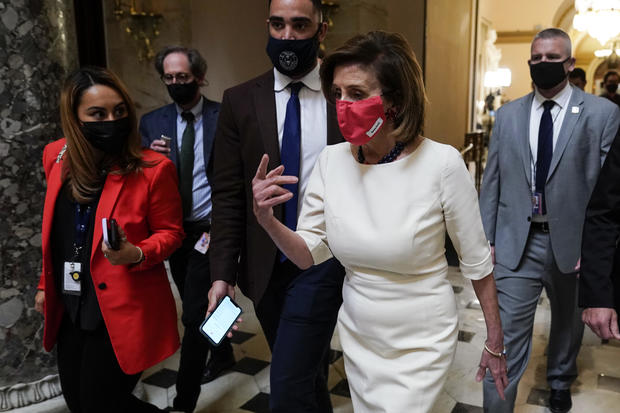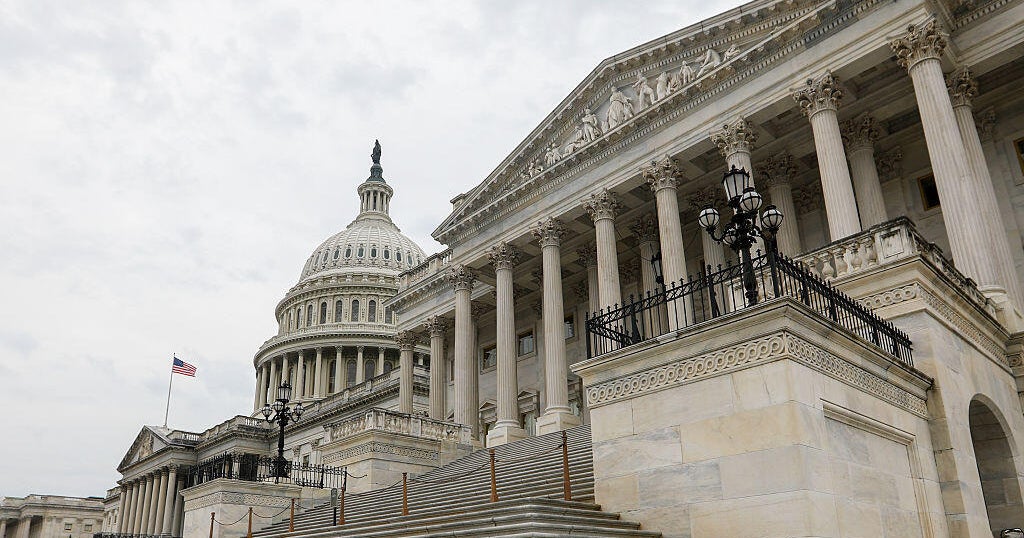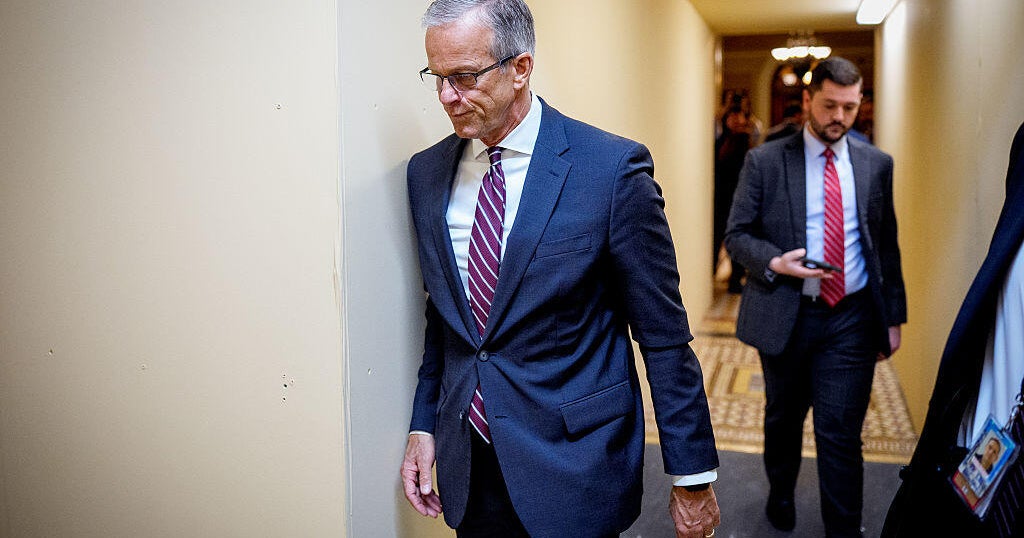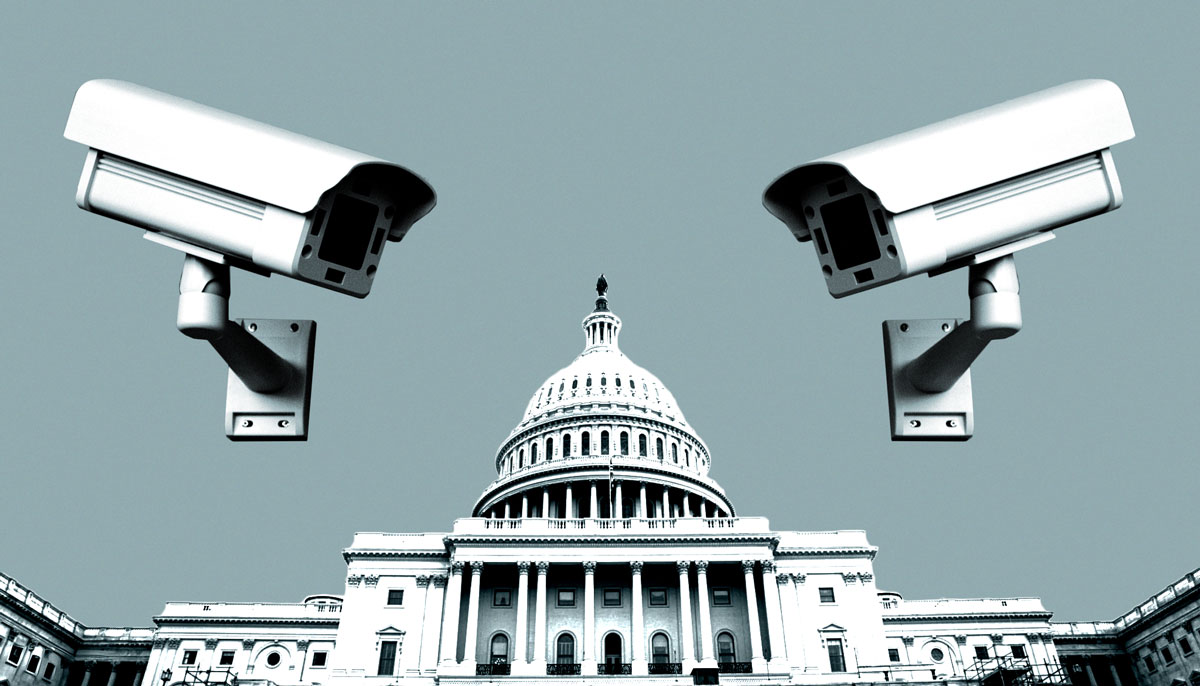House set to vote Friday on revised social spending plan and infrastructure
House Democrats are expected to vote Friday on a new version of President Biden's social spending plan and the bipartisan infrastructure bill, House Majority Leader Steny Hoyer said Thursday night.
Hoyer said the House Rules Committee will meet Thursday night, and the House will reconvene in Friday morning at 8 a.m. ET to vote.
A Democratic aide said party leadership is feeling confident about finishing those key agenda items Friday, following weeks and months of negotiations.
The latest iteration of the Build Back Better bill restores paid family and medical leave — after that provision had been dropped from the bill over opposition from Senator Joe Manchin. House Ways and Means Committee Chairman Richard Neal announced Wednesday the provision was officially back in the proposal, hours after Republican Glenn Youngkin was projected to be the winner of the governor's race in Virginia.
Neal said Democrats could pass paid family leave "responsibly, fully paying for this means-tested program." The measure would allow qualifying Americans to receive four weeks of paid leave. But Manchin told reporters on the same day that he hadn't been informed that House Democrats were putting paid leave back into the spending plan, and he indicated that the idea would have his support in a separate measure.
"I want to support paid leave. I want to do it in a bipartisan way," Manchin told reporters Wednesday. "I've talked to Susan Collins, I've talked to colleagues on both sides. We both agree something can be done. Let's do that in the proper — we're trying to force it to reconciliation which has guardrails and rules and regulations. Let's do it and do it right..."
To do this in a "bipartisan way" suggests Manchin does not want to see paid leave in this bill, which will be passed through a process called reconciliation and will require a simple majority of senators — every single one of the 50 Democrats in the Senate — rather than the usual supermajority of 60.
He was more explicit about his continued opposition, telling MSNBC's "Morning Joe" Thursday, "I don't begrudge anybody for doing that (including paid leave). But they shouldn't begrudge me for saying this is not the right place for this piece of legislation."
Manchin also criticized the Build Back Better bill for using "10 years of funding to basically supply one or two or five or six years of services, and that's not the true cost."
"If you have 10 years of revenue, then you would think that if we put a program in place, that program will last 10 years, too," he told MSNBC.
The reappearance of paid leave is not the only major addition to the bill. The latest version also increases the cap on the deduction of state and local taxes (known as SALT) from $10,000 to $72,500 (or $36,250 in the case of an estate, trust or married individual filing a separate return), and extends the higher cap through 2031, instead of 2025.
One provision of the bill would allow undocumented immigrants who arrived in the U.S. prior to January 1, 2011 to apply for a legal classification known as "parole," which would shield them from deportation and grant them work permits. The parole classification does not provide beneficiaries a direct pathway to apply for a green card or citizenship. Democrats estimate that roughly 7 million immigrants could be eligible to apply for parole.
Pelosi has indicated some immigration provisions remain in flux and may not be in the final bill, saying, "it doesn't seem to have a big prospect in the Senate, so we can't put it in there."
Before the election, former Virginia Governor Terry McAuliffe repeatedly called on Congress to pass the social spending plan and infrastructure bill, and following his loss, President Biden was asked if he though McAuliffe would have won, had the measures passed Congress.
"I think it should have passed before Election Day, but I'm not sure that I would have been able to have changed the number of very conservative folks who turned out in the red districts who are Trump voters, but maybe, maybe," he said.
Senate Majority Leader Chuck Schumer announced this week Democrats have reached a deal to lower prescription drug pricing, which would include putting a cap on annual out-of-pocket spending for seniors and allow Medicare to negotiate drug costs.
Ellis Kim and Camilo Montoya Galvez contributed to this report.




